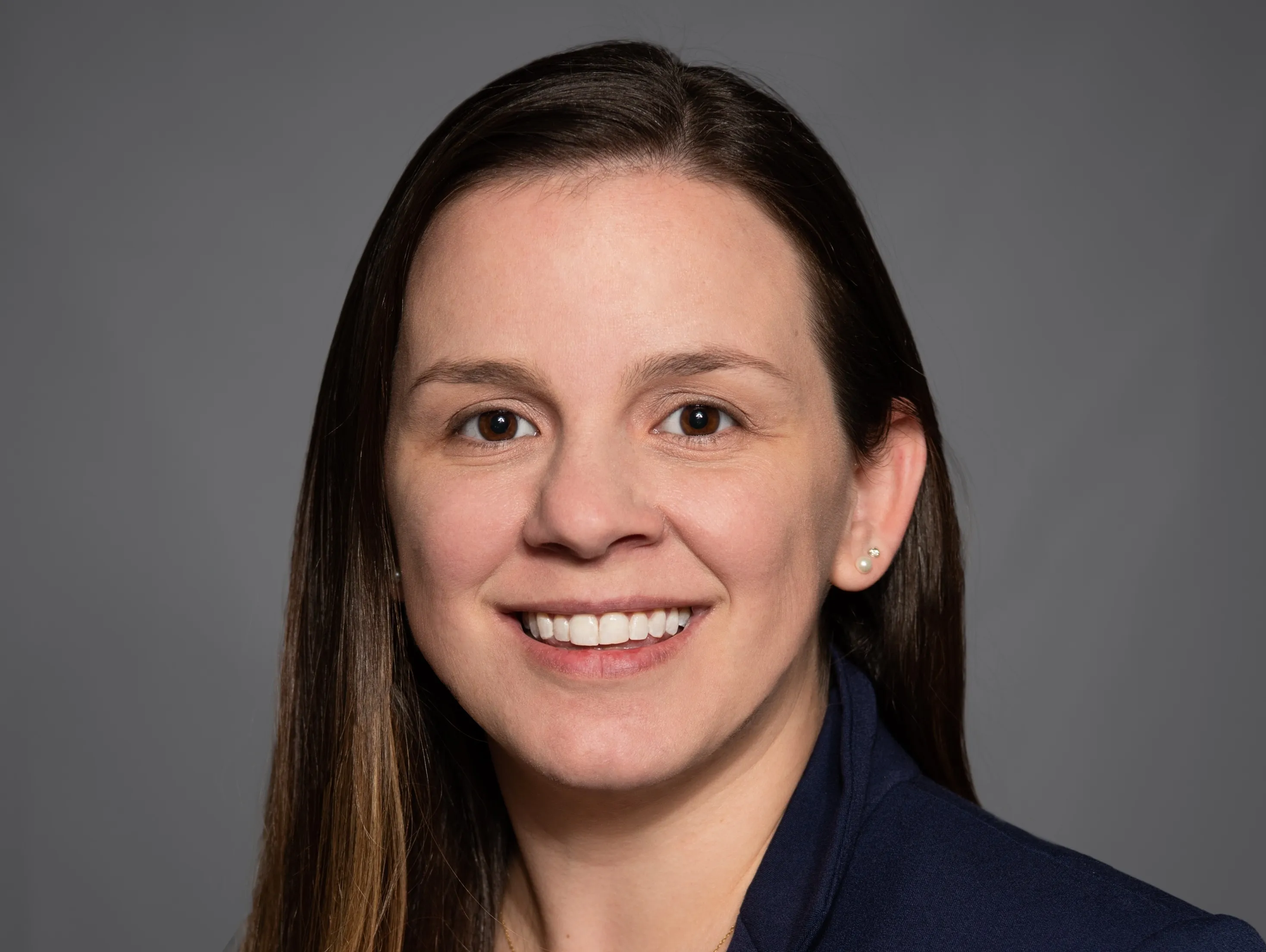New figures obtained by BBC Radio Live from the Driver and Vehicle Licensing Agency (DVLA) indicate that that the number of drivers caught driving while banned has increased by 7.5 per cent. The figures show that some 14,500 people were caught driving without a licence in 2016.
One example included a motorist who was caught driving while banned four times in 12 months.
The same person was also convicted for failing to stop and driving without insurance at least three times.
Gloucestershire Chief C
February 7, 2017
Read time: 2 mins
New figures obtained by BBC Radio Live from the Driver and Vehicle Licensing Agency (DVLA) indicate that that the number of drivers caught driving while banned has increased by 7.5 per cent. The figures show that some 14,500 people were caught driving without a licence in 2016.
One example included a motorist who was caught driving while banned four times in 12 months.
The same person was also convicted for failing to stop and driving without insurance at least three times.
Gloucestershire Chief Constable Suzette Davenport, road policing lead for the National Police Chiefs Council, said: "Generally some people who are disqualified will also be involved in other types of criminality and that might have contributed to them being banned.
"But they'll be people who are driving without insurance because they can't get insurance, because they're disqualified drivers, and so that immediately poses a risk to all of us."
One example included a motorist who was caught driving while banned four times in 12 months.
The same person was also convicted for failing to stop and driving without insurance at least three times.
Gloucestershire Chief Constable Suzette Davenport, road policing lead for the National Police Chiefs Council, said: "Generally some people who are disqualified will also be involved in other types of criminality and that might have contributed to them being banned.
"But they'll be people who are driving without insurance because they can't get insurance, because they're disqualified drivers, and so that immediately poses a risk to all of us."









